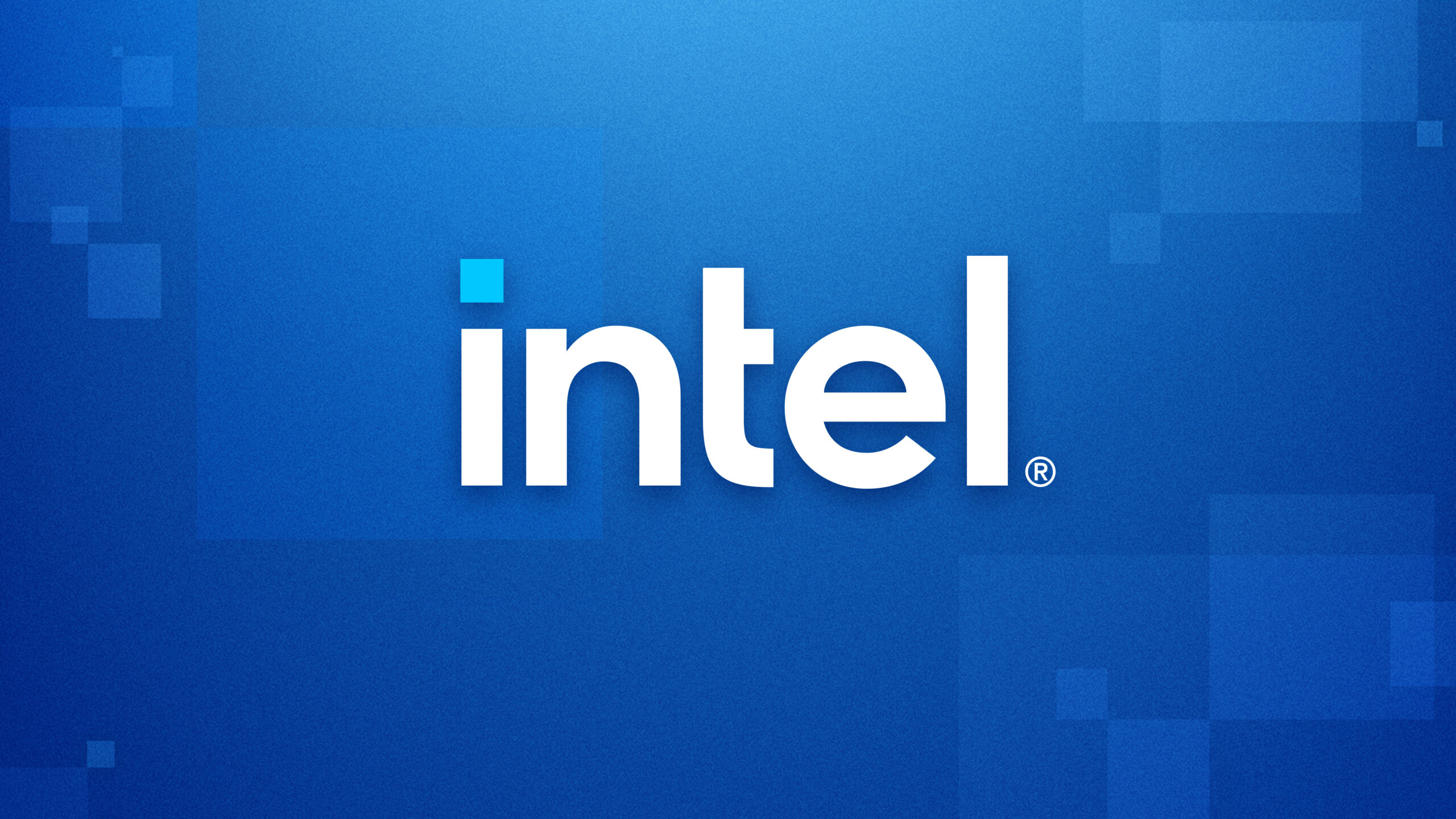Neither Globalfundries nor UMC are in the game of leading edge. What's Intel looking for from this GF acquisition? Why don't they just buy UMC?
Some thoughts:
1. In terms of revenue, UMC is bigger than GF.
2. GF has been losing money every year while UMC is making profit every year. GF acquisition potentially will drag down Intel's financial performance but buying UMC will be positive to Intel's book.
3. The integration of GF into Intel's organization and roadmap can take several years. Does Intel really have time and energy to do so?
4. If Intel buys UMC, Intel can immediately tap into the large Taiwan semiconductor talents and resources. But buying GF? Do we know if GF has anything that makes GF so wonderful in the past many years?
3. No matter how, in the long run any Intel's competitors will walk away from the foundry Intel acquired. I really don't see there's any magic solution on this. For example, if AMD and Nvidia are currently the clients of GF and UMC, are they going to stay as Intel's customers once Intel becomes the new owner?
4. We know Asia is a critical part of semiconductor industry. We can see TSMC is making strategical investment and partnership in Taiwan, Mainland China, Japan, US, and Europe. On the other hand, I don't see Intel is doing anything significantly in Asia in recent years. Why is Intel avoiding Asia while TSMC is setting up shops in Intel's front yard and backyard? Does it make sense?



